Salk neuroscientists garner major awards to investigate the brain and spinal cord
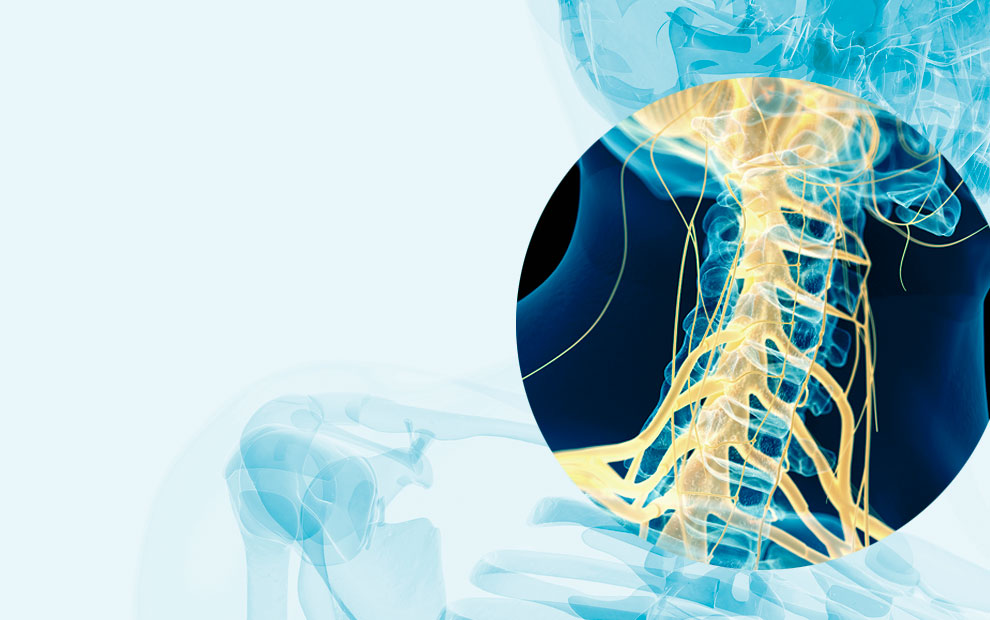

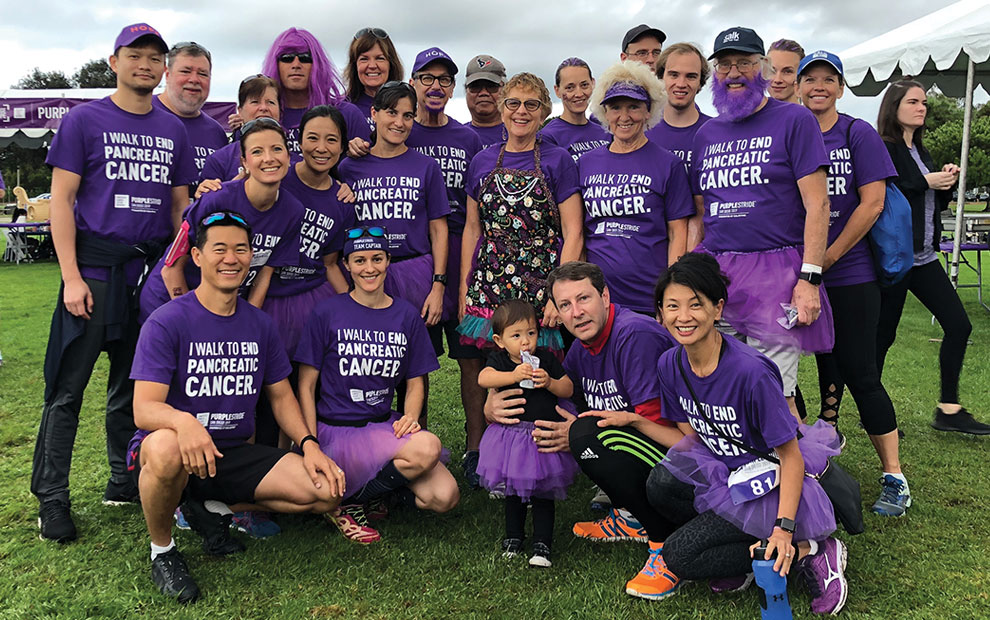
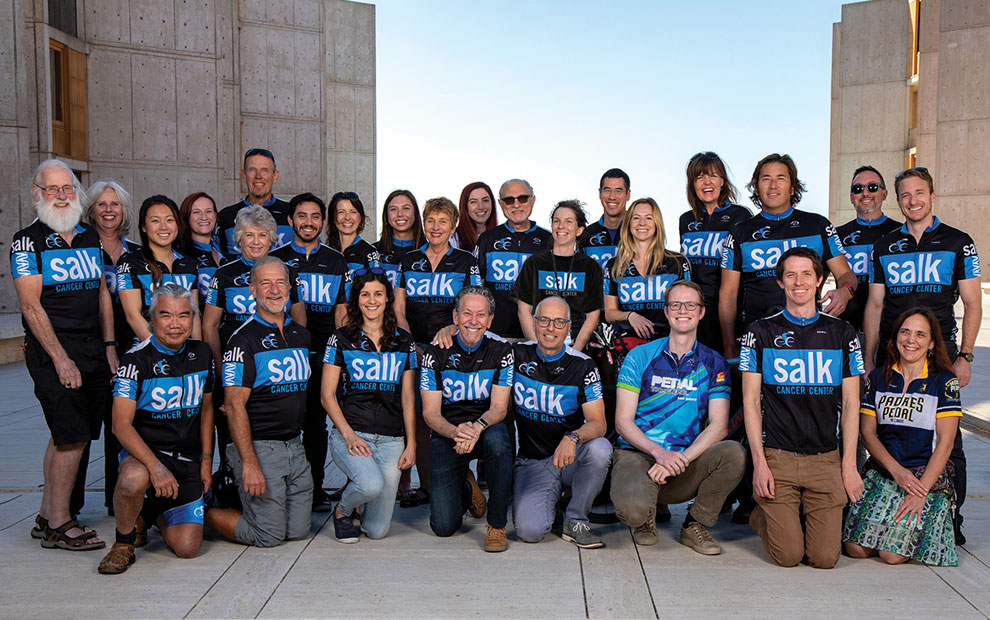
Nearly $3 million was raised by last year’s Padres Pedal the Cause cycling event, providing crucial funding for novel cancer research in San Diego, including Salk faculty.
Salk Institute scientists Professor Tony Hunter, Assistant Professor Graham McVicker, Professor Joseph Ecker and Helmsley-Salk Fellow Jesse Dixon were among the collaborative teams of researchers and medical professionals to receive funding to study pediatric and brain cancers.
The 2019 Salk Cancer Center team included 54 riders, walkers, runners and volunteers who joined together with more than 3,000 others in an effort to support cutting-edge research to accelerate cures for cancer. The event took place on November 16, and highlights included riding over the Coronado Bridge, through Coronado and on the Silver Strand. All cycling routes, which ranged from 25 miles to 100 miles, ended on center field at Petco Park in downtown San Diego.
Padres Pedal the Cause provides research grants to cross-institutional teams of scientists and physicians from four of San Diego’s top cancer organizations: Salk Institute, Moores Cancer Center at UC San Diego Health, Rady Children’s Hospital and Sanford Burnham Prebys Medical Discovery Institute. The annual cycling event has raised over $10 million since its inception in 2013, funding 59 projects on all types of cancers.
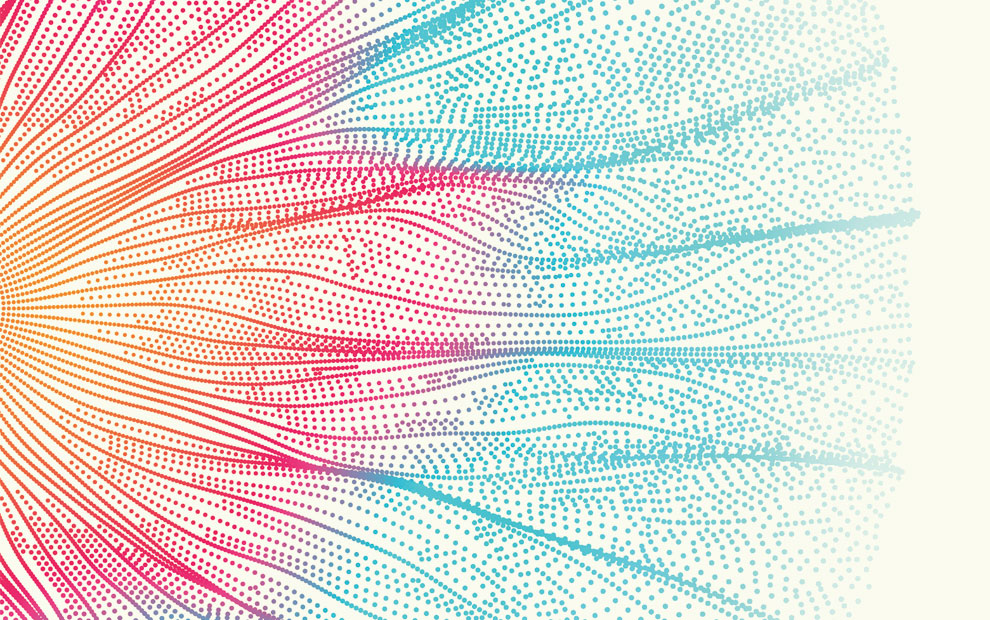
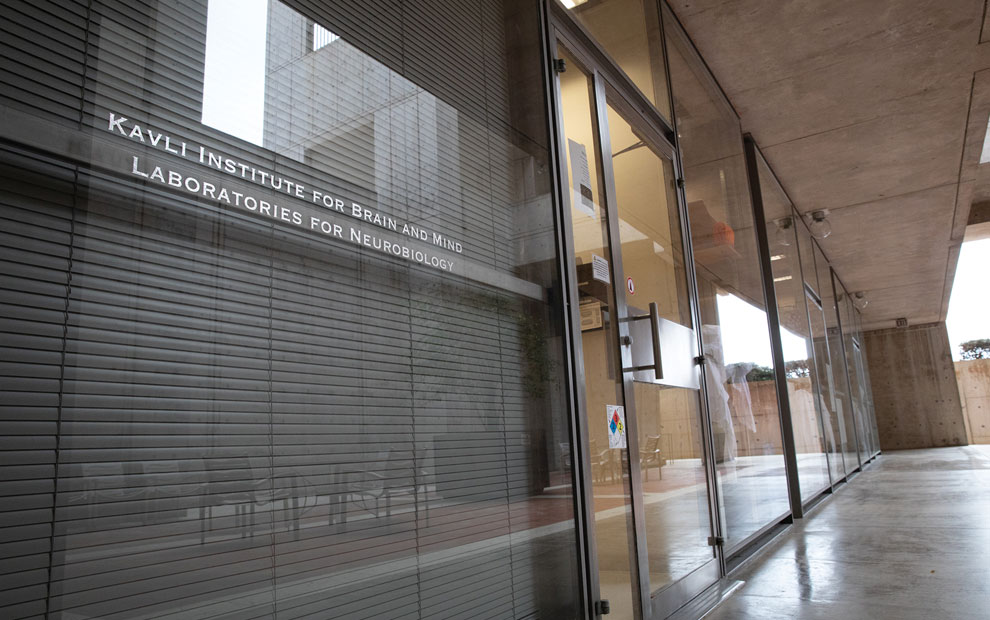
In August, The Kavli Foundation committed $3 million to support ongoing neuroscience research at the Salk Institute as part of the joint UCSD-Salk Kavli Institute for Brain and Mind (KIBM). The gift—matched by an additional $3 million from Salk—brings $6 million to the KIBM endowment to enable faculty in neuroscience to work on questions whose answers will have the most impact in the field.
The Kavli Institute for Brain and Mind was established through a $15.5 million endowment commitment from The Kavli Foundation, shared between Salk and UC San Diego. KIBM’s mission aims to support research that furthers an understanding of the origins, evolution and mechanisms of human cognition, from the brain’s physical and biochemical machinery to the experiences and behaviors called the mind.
The Salk Institute is home to many of the world’s leaders within the field of neuroscience, which includes computational neuroscience, spinal circuitry, pain, movement, learning, vision, psychiatric and developmental disorders, and age-related decline.
The Kavli Foundation also generously gifted $300,000 to Salk Professor and new KIBM member Kay Tye, holder of the Wylie Vale Chair.
Tye’s lab seeks to understand the neural-circuit basis of emotion that leads to motivated behaviors such as social interaction, reward-seeking and avoidance. Her lab employs a multidisciplinary approach to find mechanistic explanations for how these emotional and motivational states influence behavior in health and disease.
“The Kavli Institute for Brain and Mind is a nexus for neuroscience research, helping to facilitate collaborations across two world-renowned institutes—Salk and UC San Diego—as well as other neuroscience research centers around the world,” says Stephanie Albin, science program officer at The Kavli Foundation.
In recognition of the $3 million matching gift, Salk has named Institute laboratory space the Kavli Institute for Brain and Mind Laboratories for Neurobiology. The lab space is for research conducted by the following up-and-coming neuroscientists: Nicola Allen, associate professor and the Hearst Foundation Developmental Chair; Kenta Asahina, assistant professor and holder of the Helen McLoraine Developmental Chair in Neurobiology; Eiman Azim, assistant professor and the William Scandling Developmental Chair; and Xin Jin, associate professor.
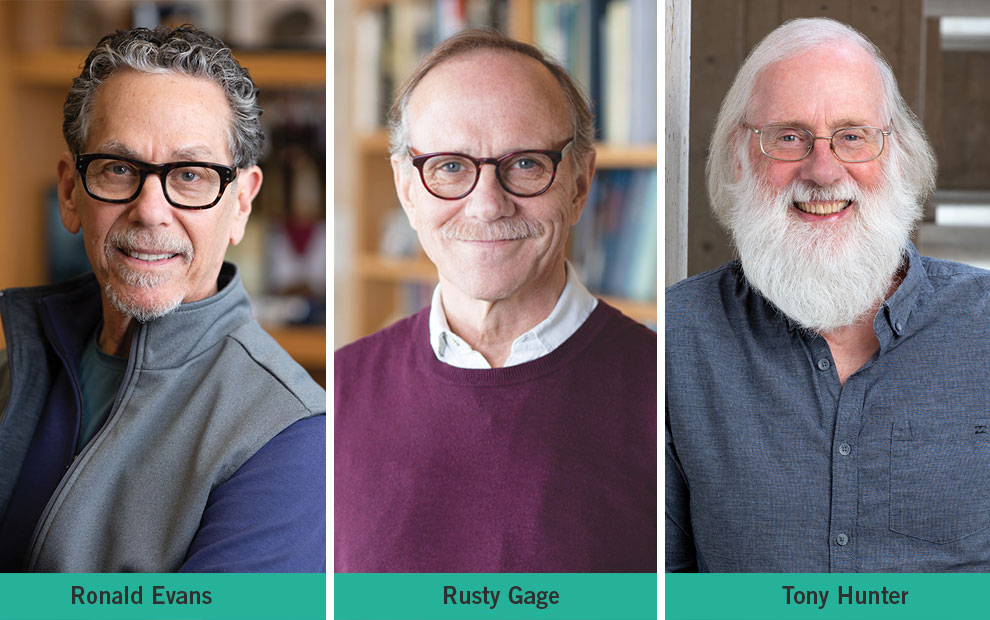
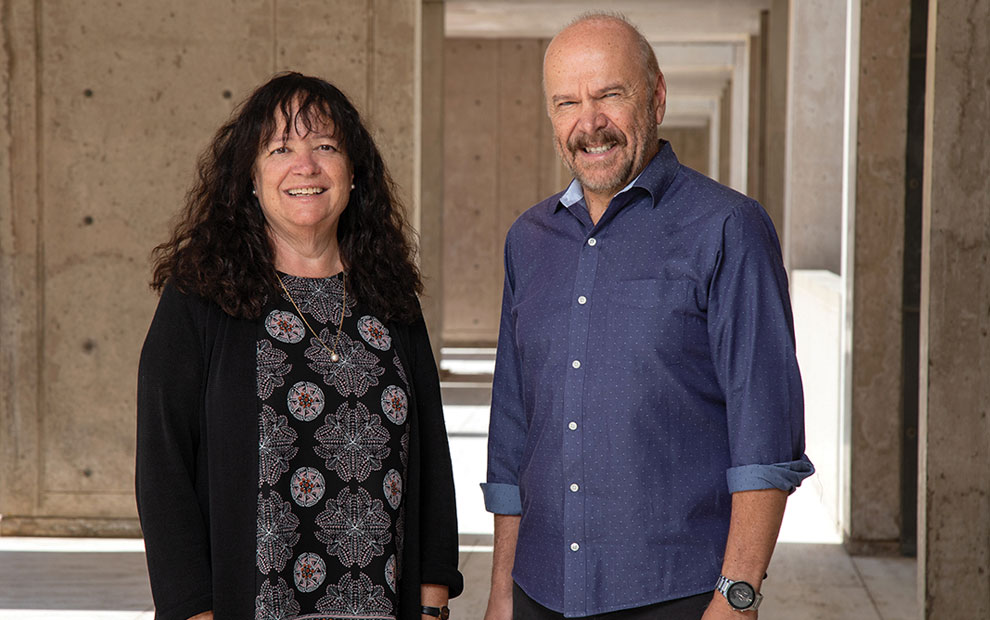
 The Promise and Perils of Big DataSalk scientists are unlocking the power of "big data" to make unprecedented discoveries in neuroscience, cancer and other areas.
The Promise and Perils of Big DataSalk scientists are unlocking the power of "big data" to make unprecedented discoveries in neuroscience, cancer and other areas.
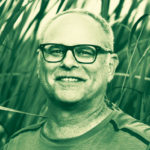 Joseph Noel – Learning from LagoonsInside Salk sat down with Noel to learn about his path to becoming a scientist and about his current work researching coastal wetlands to help combat climate change.
Joseph Noel – Learning from LagoonsInside Salk sat down with Noel to learn about his path to becoming a scientist and about his current work researching coastal wetlands to help combat climate change.
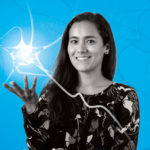 Krishna Vadodaria – Uncovering the mysteries of depressionStaff Scientist Krishna Vadodaria's research on human neurons is helping to uncover the biological basis for psychiatric disorders and why some depressed patients do not respond to SSRIs.
Krishna Vadodaria – Uncovering the mysteries of depressionStaff Scientist Krishna Vadodaria's research on human neurons is helping to uncover the biological basis for psychiatric disorders and why some depressed patients do not respond to SSRIs.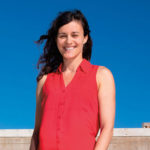 Corina AntalCorina Antal is not your typical researcher. From wrangling bull sharks to climbing mountains to seeking a cure for pancreatic cancer, Antal follows her passion.
Corina AntalCorina Antal is not your typical researcher. From wrangling bull sharks to climbing mountains to seeking a cure for pancreatic cancer, Antal follows her passion.Latest discoveries, events & more.